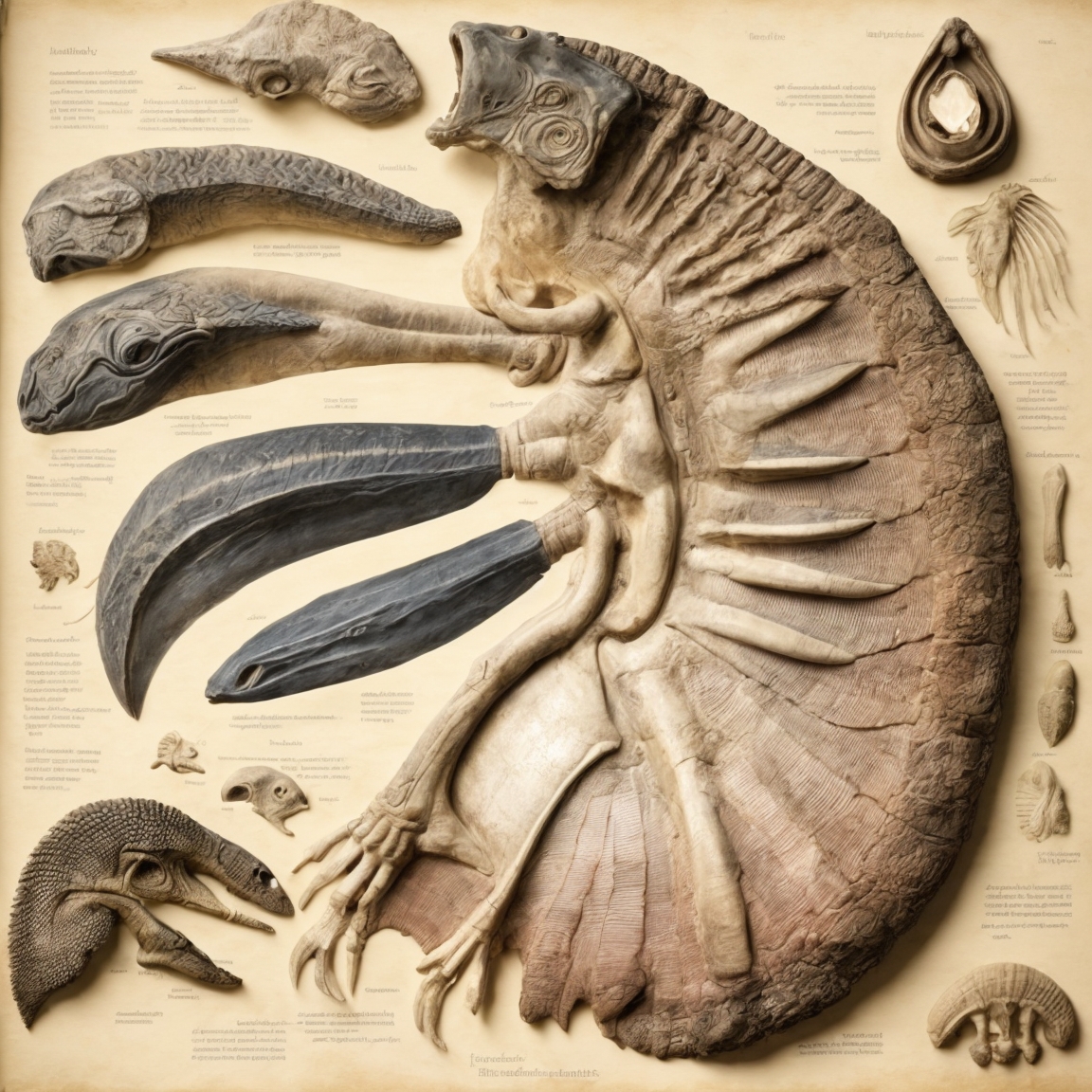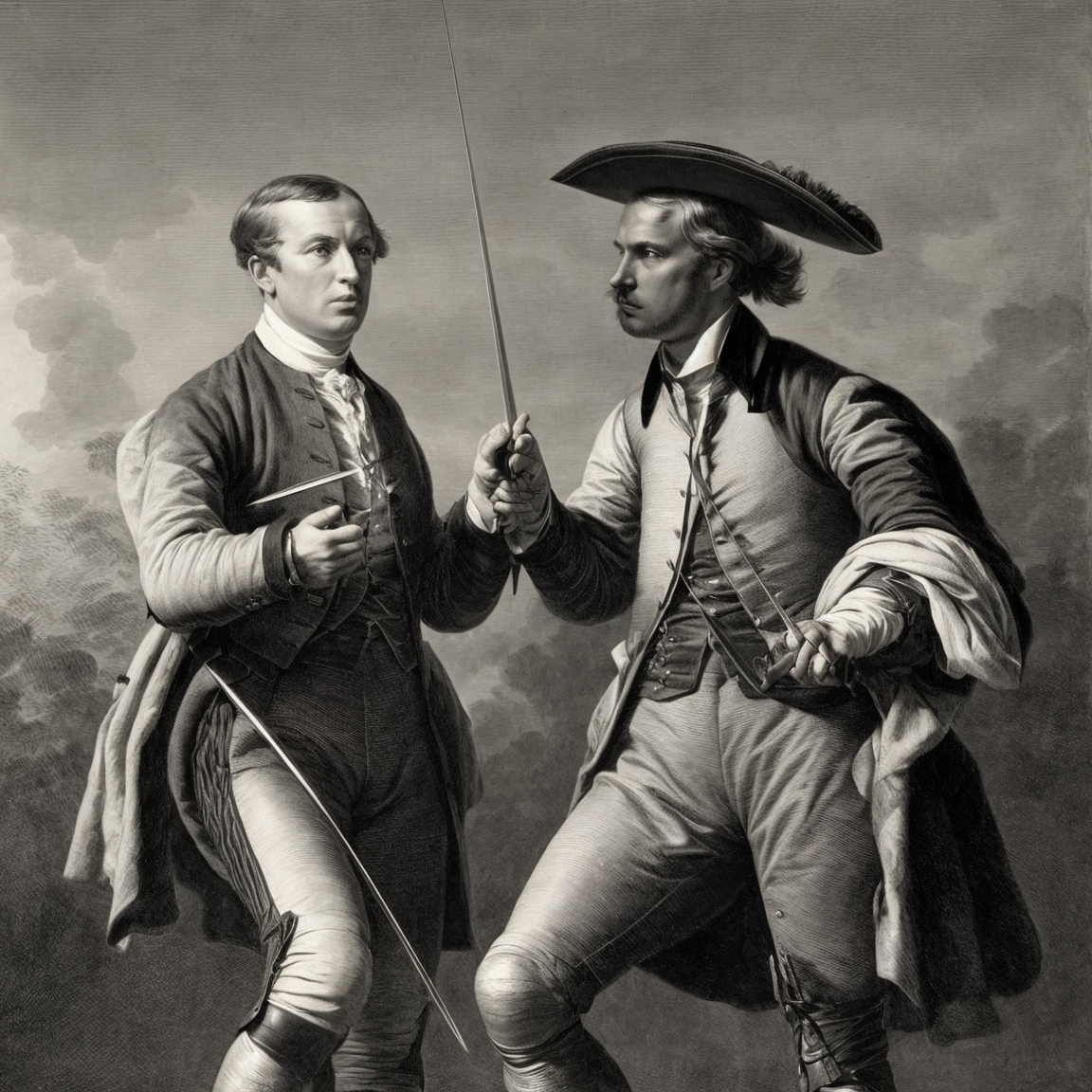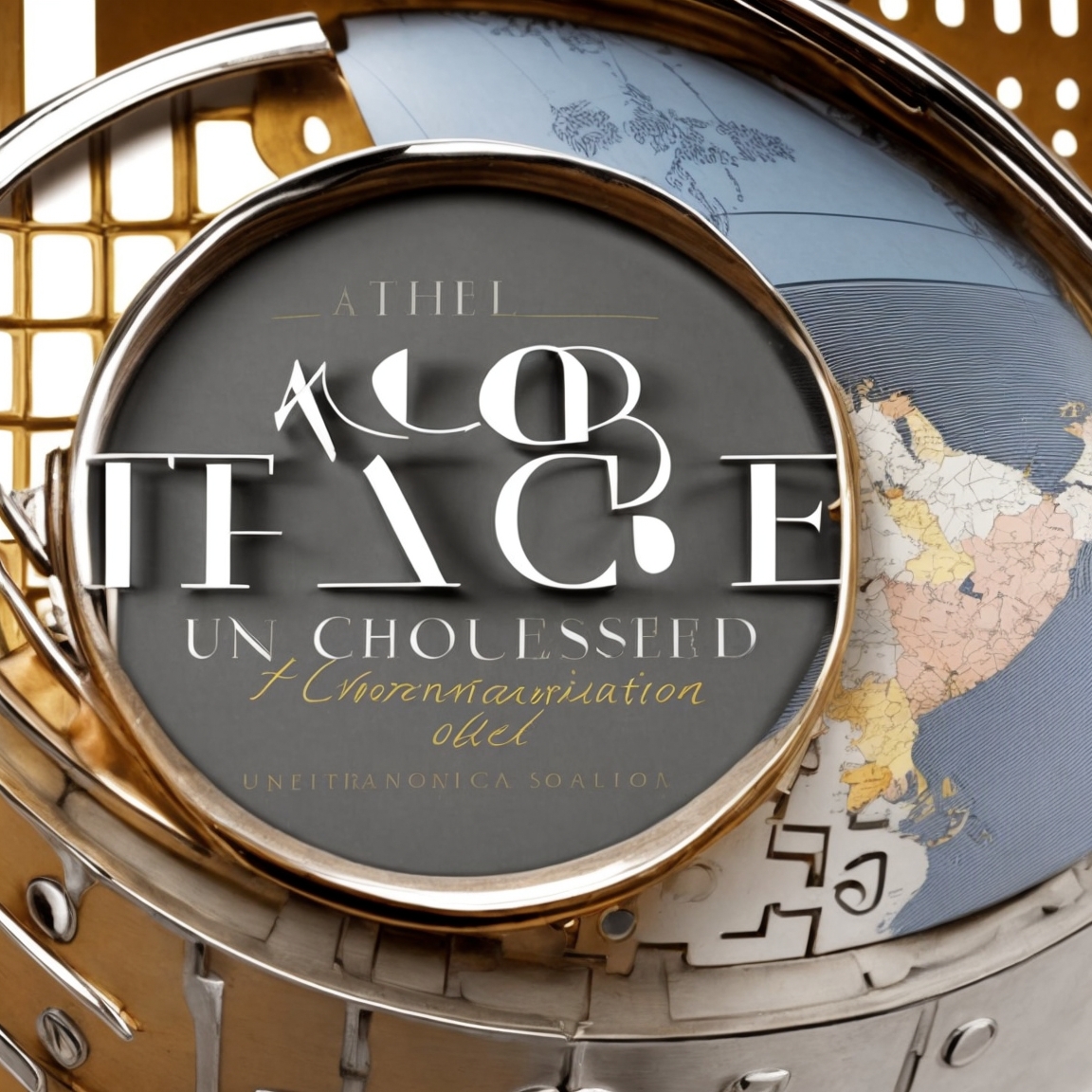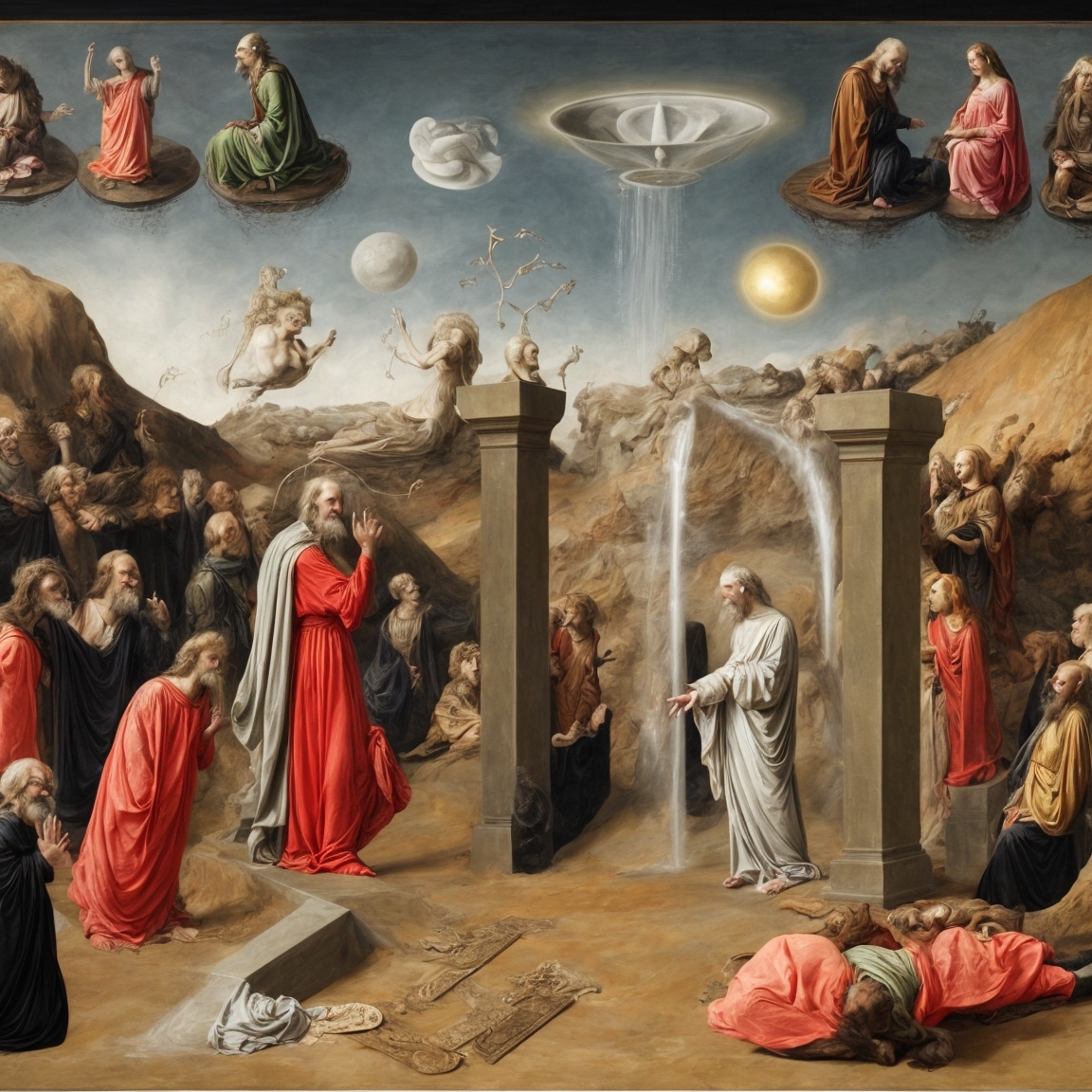Unveiling the Secrets of the Cathars: A Journey Through Heresy and Faith
Unveiling the Secrets of the Cathars
A Journey Through Heresy and Faith
In the quiet corners of southern France, a hidden chapter of European history awaits discovery – a story of a religious movement that challenged the very foundations of established Christianity. Welcome to the enigmatic world of the Cathars, a sect whose beliefs and practices have captivated and puzzled historians for centuries.
Who were the Cathars?
Emerging in the 11th century and flourishing in the 12th and 13th centuries, the Cathars presented a unique brand of Christianity. Their name, derived from the Greek word „katharos“ meaning „pure,“ reflects their emphasis on spiritual purity and rejection of materialism. Catharism, often viewed as a dualist religion, held beliefs that set them apart from Catholic orthodoxy.
A Heretical Belief System
At the core of Catharism was a strict separation between the spiritual and the physical. They believed in two gods: a good, spiritual god, and a malevolent, material god. This fundamental divergence from Catholic doctrine quickly branded them as „heretics.“ The Cathars also rejected many Catholic sacraments and practices, including the authority of the Pope, the veneration of saints, and the use of crosses and other religious symbols.
The Perfecti: Spiritual Elite
Within Catharism, a distinct group known as the „perfecti“ or „perfect ones“ existed. These individuals had undergone a special religious ritual, the „consolamentum,“ which marked their entry into the spiritual elite. The perfecti led lives of strict asceticism, abstaining from meat, eggs, and dairy, and often traveling as preachers and teachers. They were highly respected within Cathar communities and played a crucial role in spreading their faith.
A Journey Through Persecution
The Cathars‘ divergence from Catholic doctrine attracted suspicion and hostility from the established Church. The Catholic Church, eager to maintain its power and influence, branded the Cathars as heretics and launched a brutal crusade to eradicate their presence. The Albigensian Crusade, beginning in 1209, marked a dark chapter in Cathar history, with massacres, sieges, and the destruction of their communities. Many Cathars were forced to flee or face persecution and death at the hands of the crusaders.
The Inquisition and its Consequences
The persecution of the Cathars continued with the establishment of the Inquisition in the 13th century. Inquisitors, tasked with rooting out heresy, employed harsh methods to extract confessions and enforce orthodoxy. Cathars who refused to recant faced imprisonment, torture, and often, public burning at the stake. The Inquisition’s tactics struck fear into the hearts of many, leading some Cathars to renounce their faith, while others remained steadfast in their beliefs, embracing martyrdom.
Legacy and Impact
Despite their eventual suppression, the Cathars left an enduring legacy. Their story raises profound questions about belief, orthodoxy, and the nature of faith. The Cathars‘ emphasis on spiritual purity and their rejection of materialism continue to resonate, offering an alternative vision of Christianity. Additionally, the persecution they endured serves as a reminder of the dangers of religious intolerance and the importance of religious freedom.
In conclusion, the journey of the Cathars through heresy and faith is a captivating chapter in European history. It invites us to explore the complexities of belief, the resilience of the human spirit, and the enduring quest for spiritual truth.













































